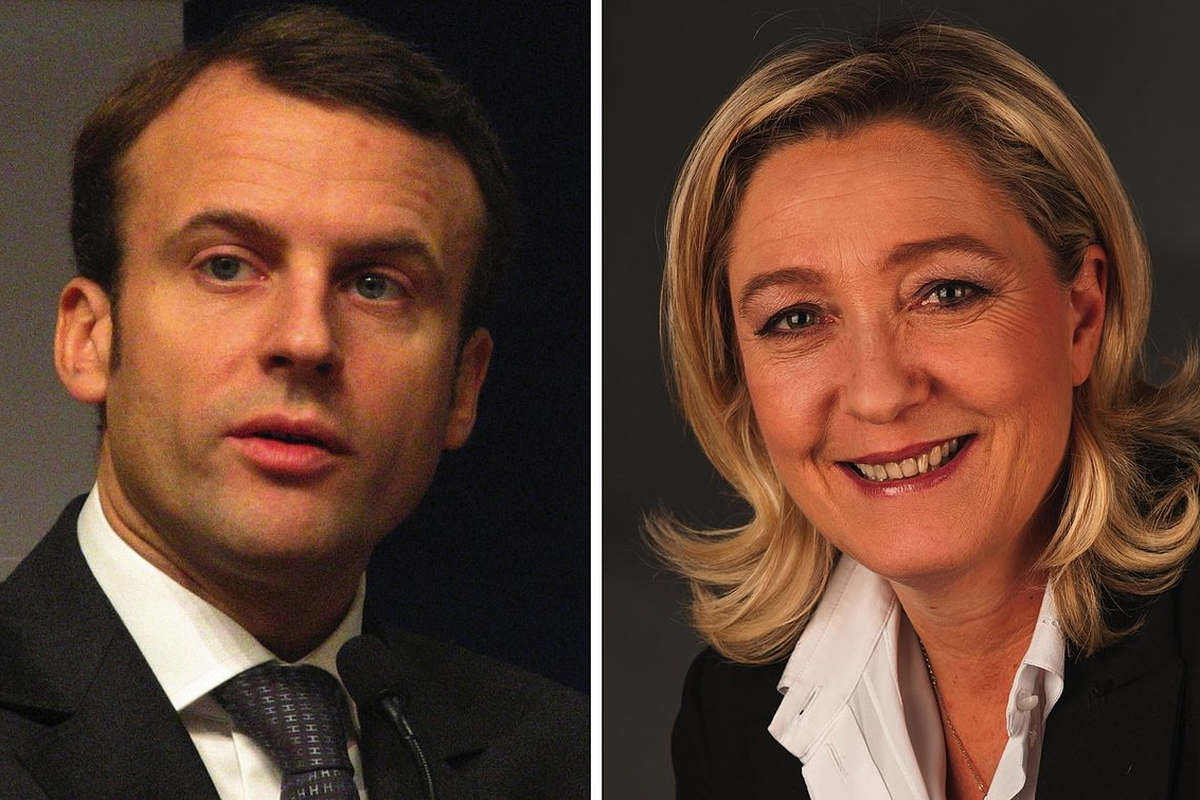Yes, according to the latest polls that give Macron the winner in all cases. But in politics, nothing is ever definitive. A lot can happen between now and April 10 and 24.
It is now known that twelve candidates will take the start of the five-year Elysian competition, if however Philippe Poutou (New Anti-Capitalist Party) obtains, as he announces it, his 500 sponsorships. The official list will be announced, this Monday March 7, 2022, by the Constitutional Council. Twelve, therefore, to run for the supreme magistracy.
Macron to more than 30% in the first round
As always, the polls give an idea of the voting intentions of the French. Thus, the latest Ipsos poll for Cevipof, the Jean-Jaurès Foundation and Le Monde, give the presidential candidate at 30.5%, far ahead of Marine Le Pen at 14.5%, Eric Zemmour at 13%, Valérie Pécresse at 11.5%, Jean-Luc Mélenchon at 12%, Yannick Jadot at 7.5%, Fabien Roussel at 4% and Anne Hidalgo at 2.5%. The other candidates are not measured.
In the second round, in the event of a confrontation between Emmanuel Macron and Marine Le Pen, the score would be unquestionable: 59% against 41% in favor of the president-candidate according to the same survey.
Arithmetically speaking, the case seems folded. We are moving towards a second term for the current president who, since 2017, has managed to explode both the Socialist Party and the Republicans, whose leaders have joined the candidate Macron. Starting with former President Sarkozy, who refrained from supporting Valerie Pécresse.
The polluted air of the campaign
The fact remains that polls give an image of voting intentions at a given moment. Now, there are thirty-eight days left before the first round, on April 10. This is a very long time at the rate at which current events are shaking up our habits and our certainties.
In fact, the electoral campaign of 2022 resounds with the sound of bombs exploding two thousand kilometers from Paris. The anguish of a generalization of the conflict on the European -and French- ground, the fear of a nuclear attack, undermine the morale of the French. The scenes of horror that are repeated on TV channels and the exodus of hundreds of thousands of Ukrainians fleeing the war are striking.
But above all, in France as elsewhere, people are worried about the economic consequences that this war will have on our daily lives: the explosion in the price of energy (gas, electricity, fuel) and basic necessities, the collapse of the financial markets, the impact on businesses…
After a meeting with Vladimir Putin, Macron warned us: “The worst is yet to come”.
One equation, many unknowns
It is therefore in this anxious climate that France is preparing to go to the polls on April 10 and 24. Twelve candidates, two at the top of all polls, a remake of 2017? Not so simple. Because the equation has several unknowns.
The first is abstention. Will the French sulk at the polls as they did in 2017 (before the Covid), as they will in 2020, for the municipal elections (in the middle of the Covid), the departmental and regional elections of 2021 (Covid)?
The second unknown is the score of the far right parties. The dispersion of votes between Le Pen and Zemmour may favor the emergence of Jean-Luc Mélenchon. It should also be noted that the sum of the votes attributed to the two extreme right-wing parties (14.5% + 13%) is very close to the score of the leader.
Third unknown: Will the tenacious dissatisfaction of the French with the President of the Republic, particularly in the management of the Yellow Vests crisis, in the repeated lies during the health crisis (“I’m going to piss off the non-vaccinated”) incite them to informally constitute “an anti-Macron front”? Note that there are about five million non-vaccinated people in France who have still not accepted the hurtful words of the head of state.
Finally, the fourth and last unknown: what will the French voters do if, tomorrow, because of the war in Ukraine, the price of gas, bread, gas and electricity is at stratospheric levels? Who knows how they will react? Who knows how they will vote?
The equation is not easy to solve. The outcome of the presidential vote depends on all these parameters. An election is never a foregone conclusion.

